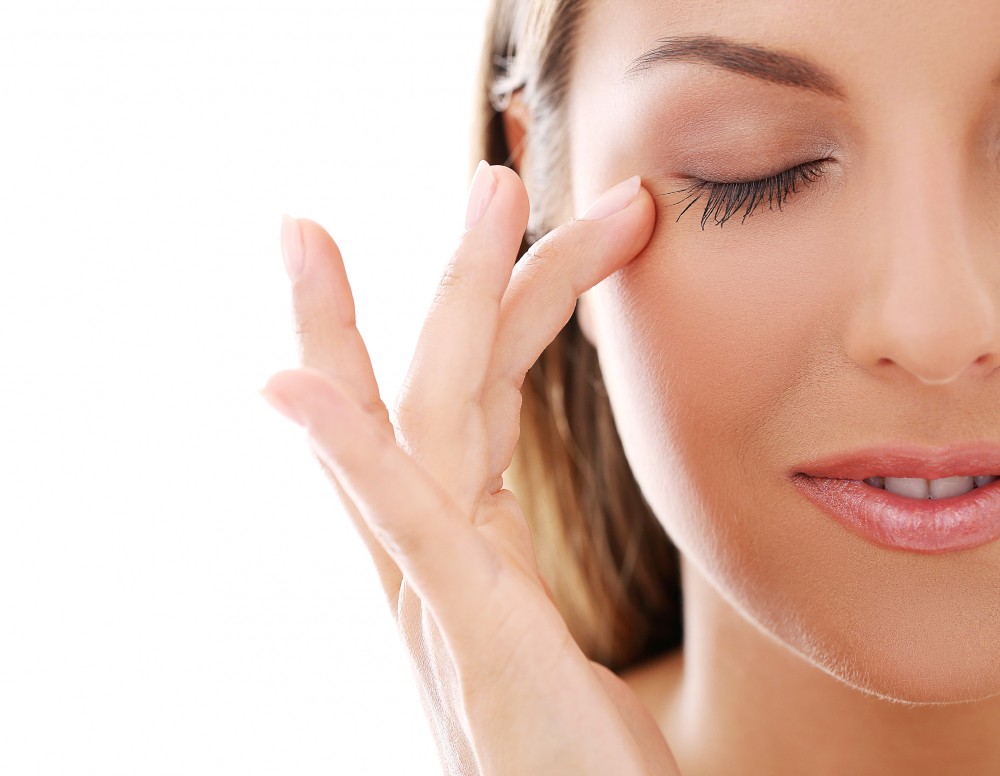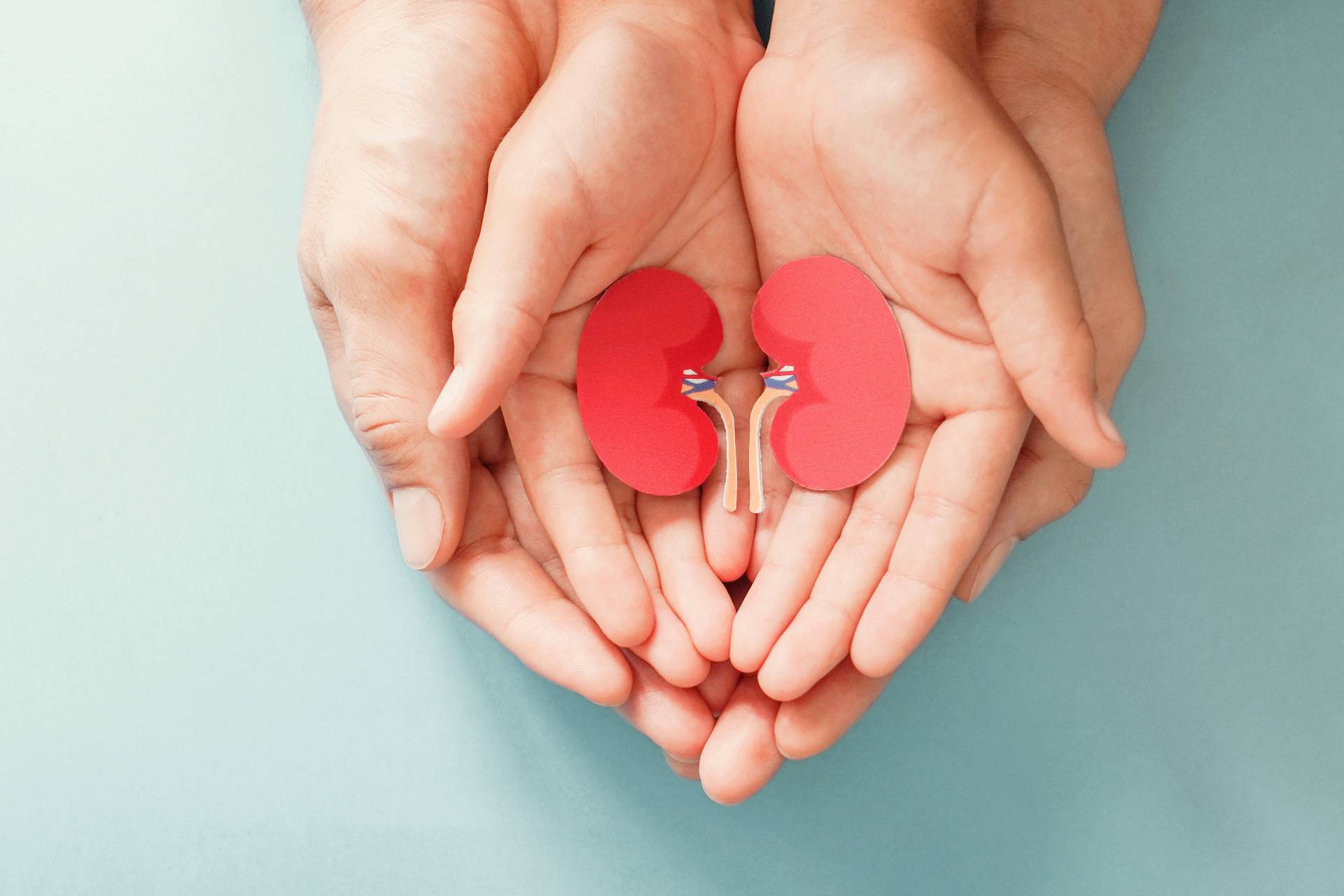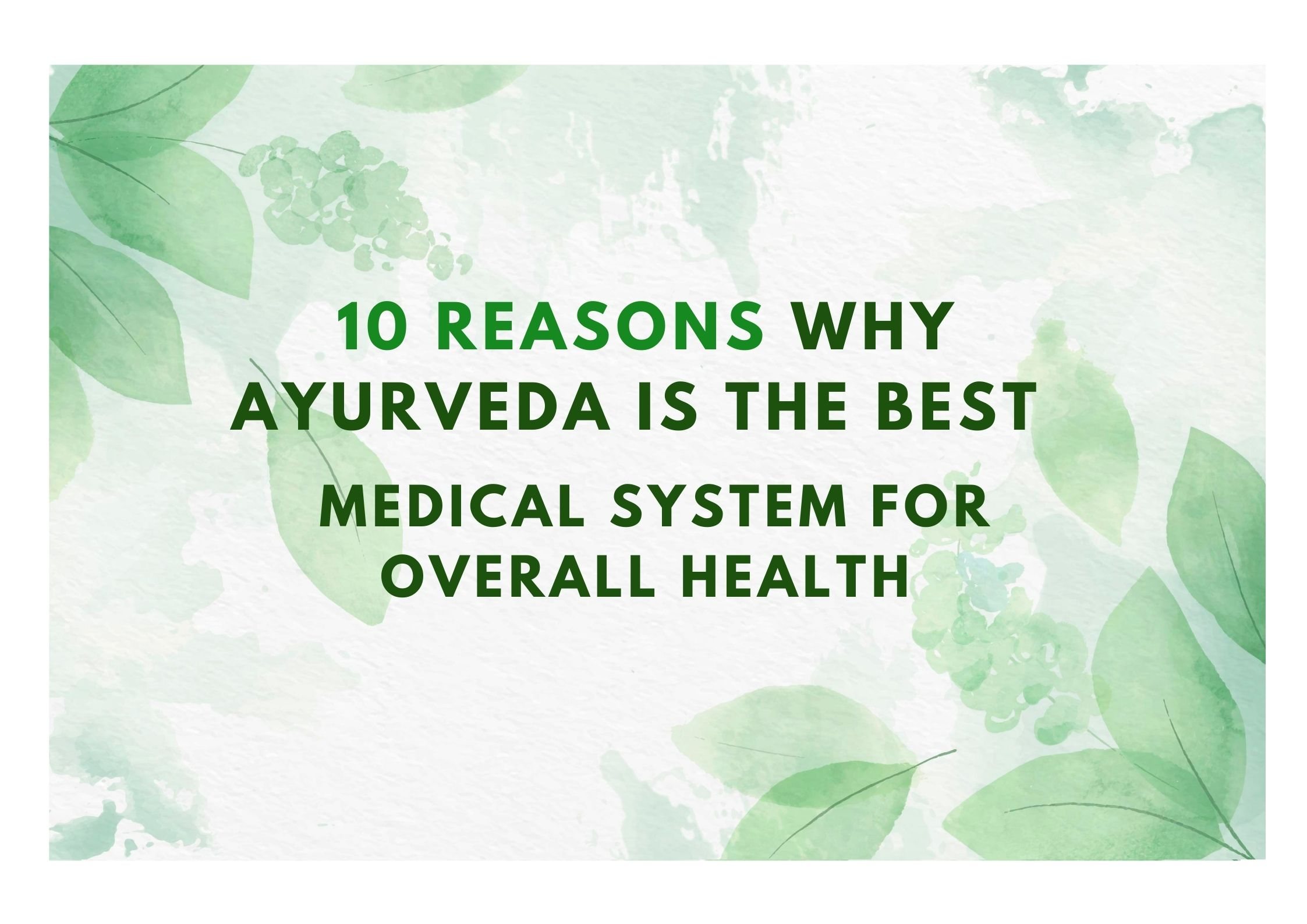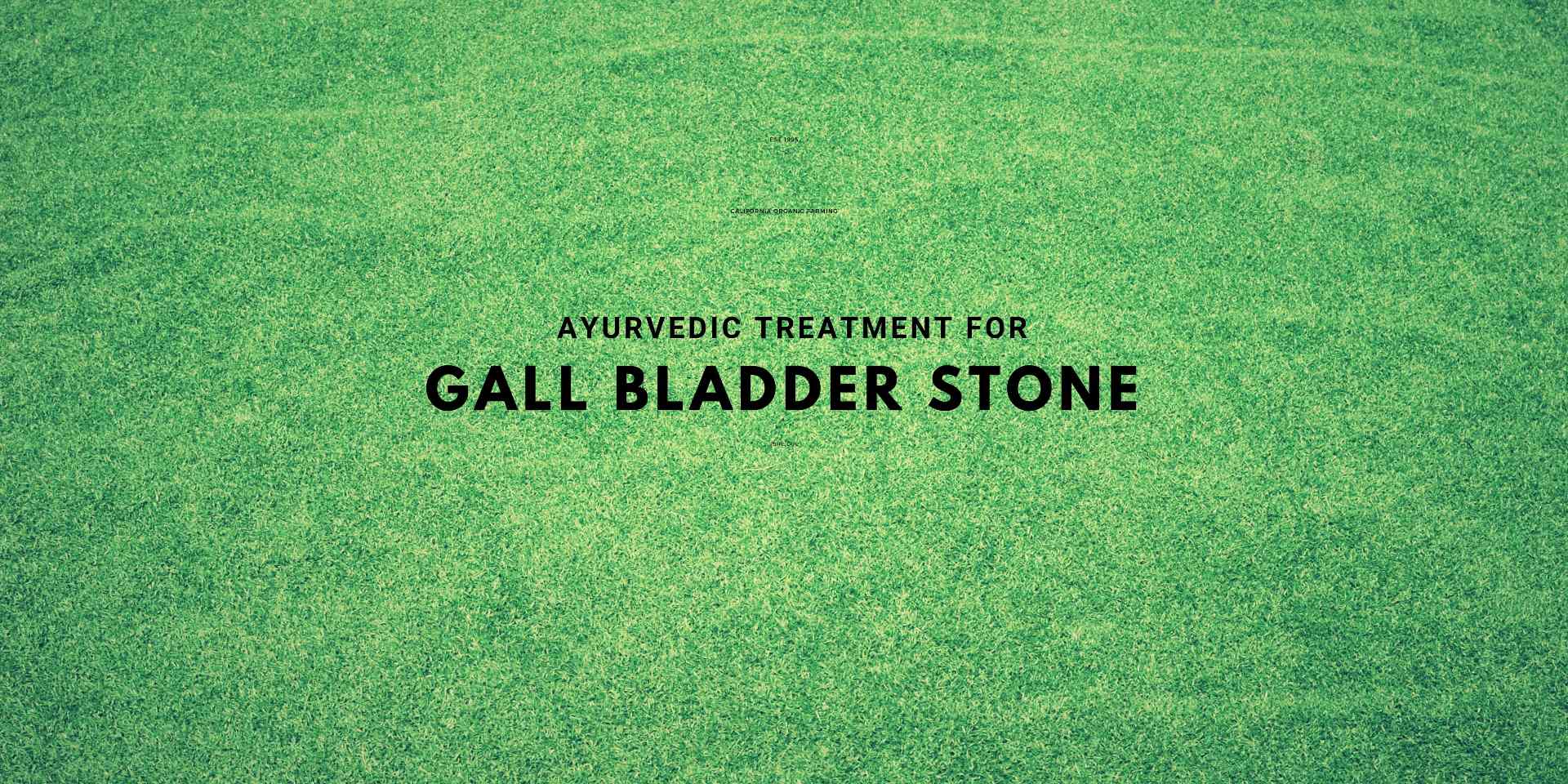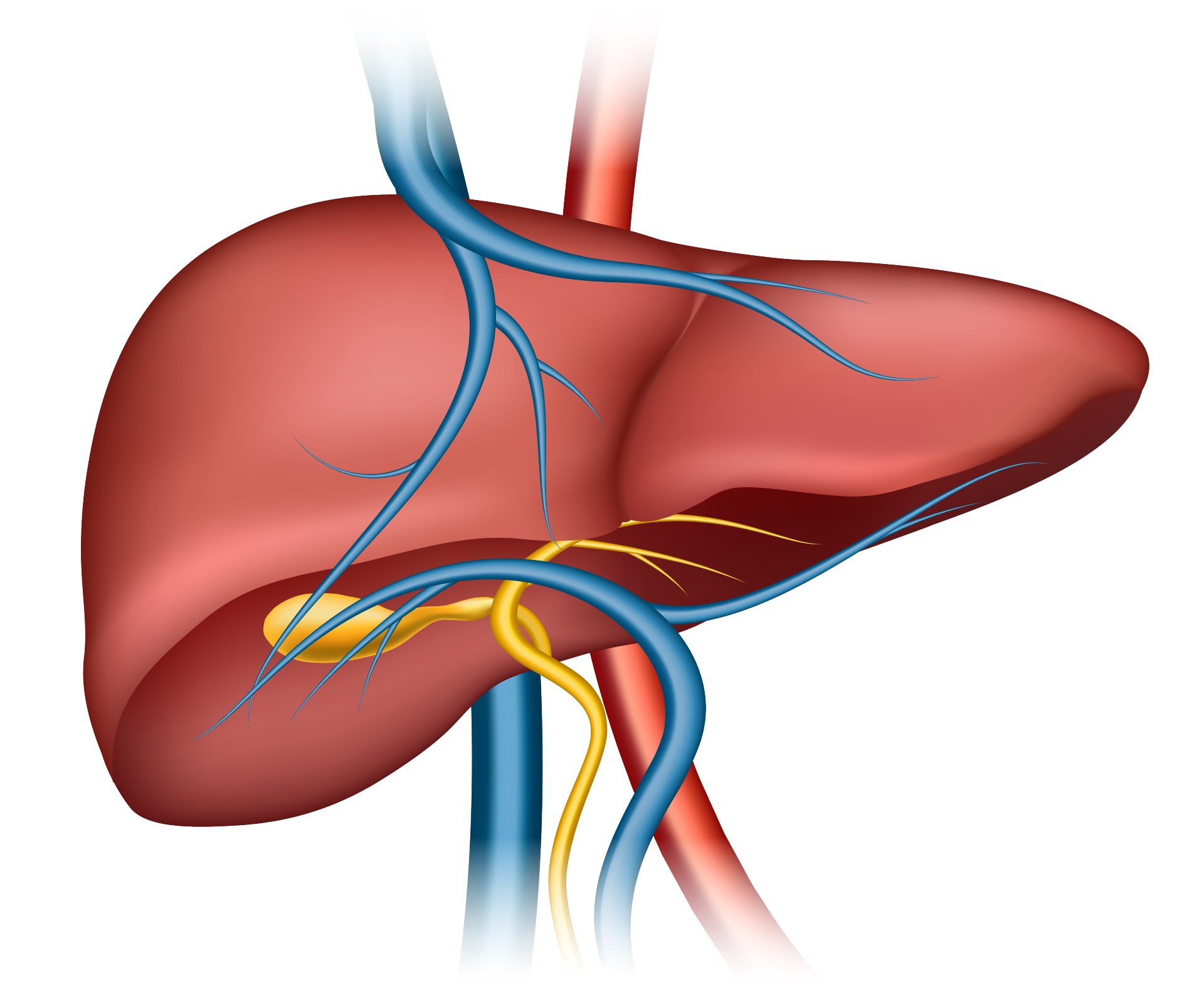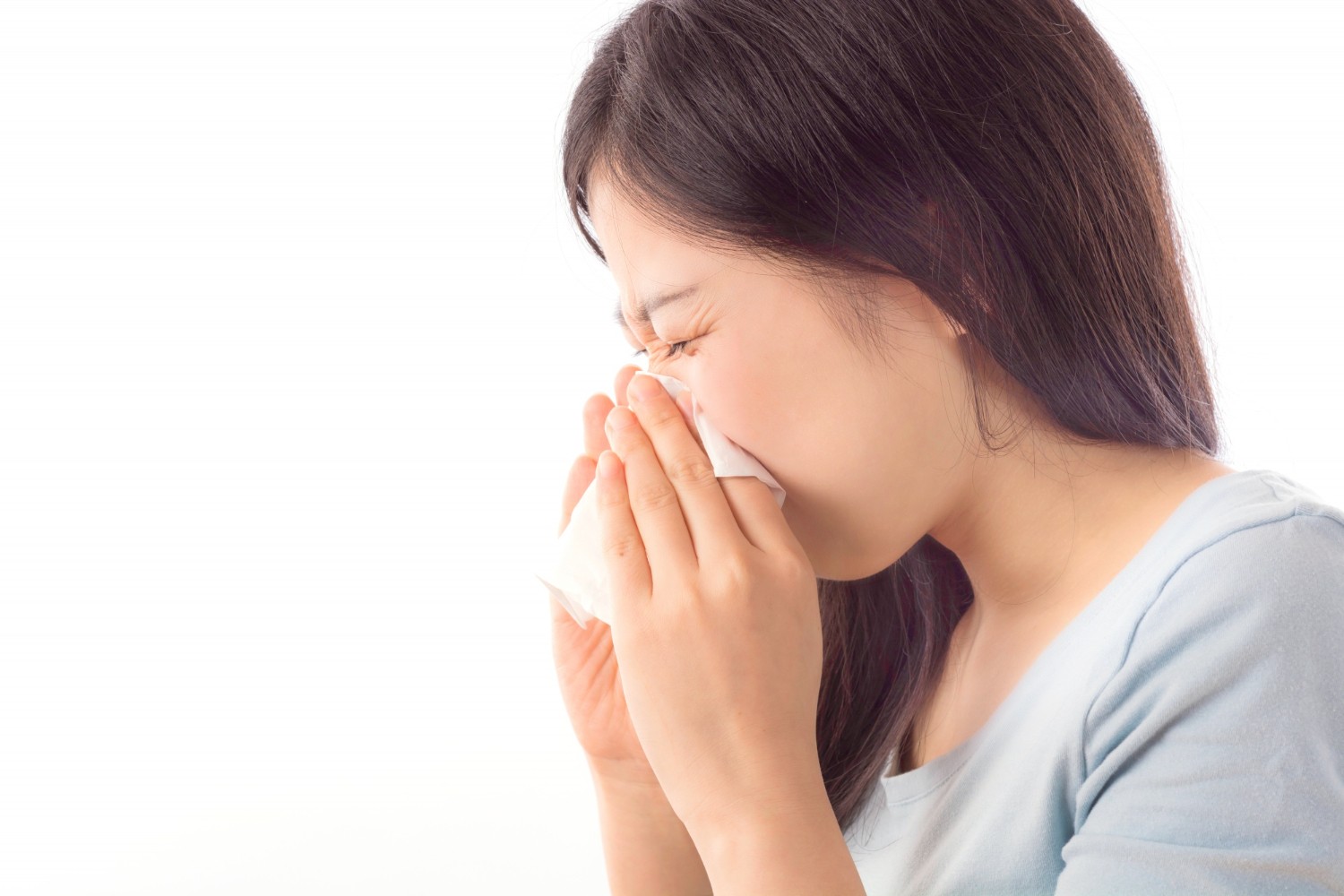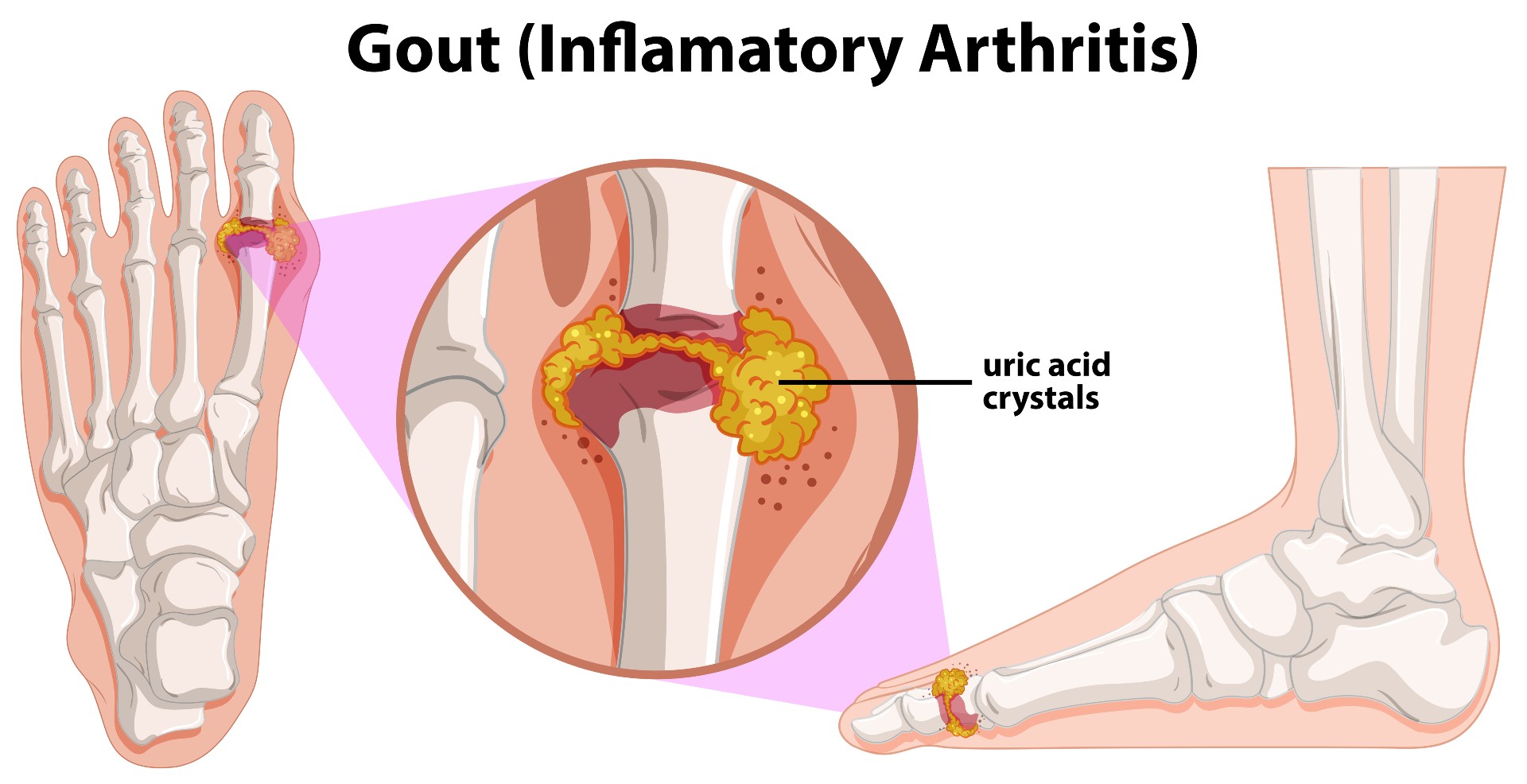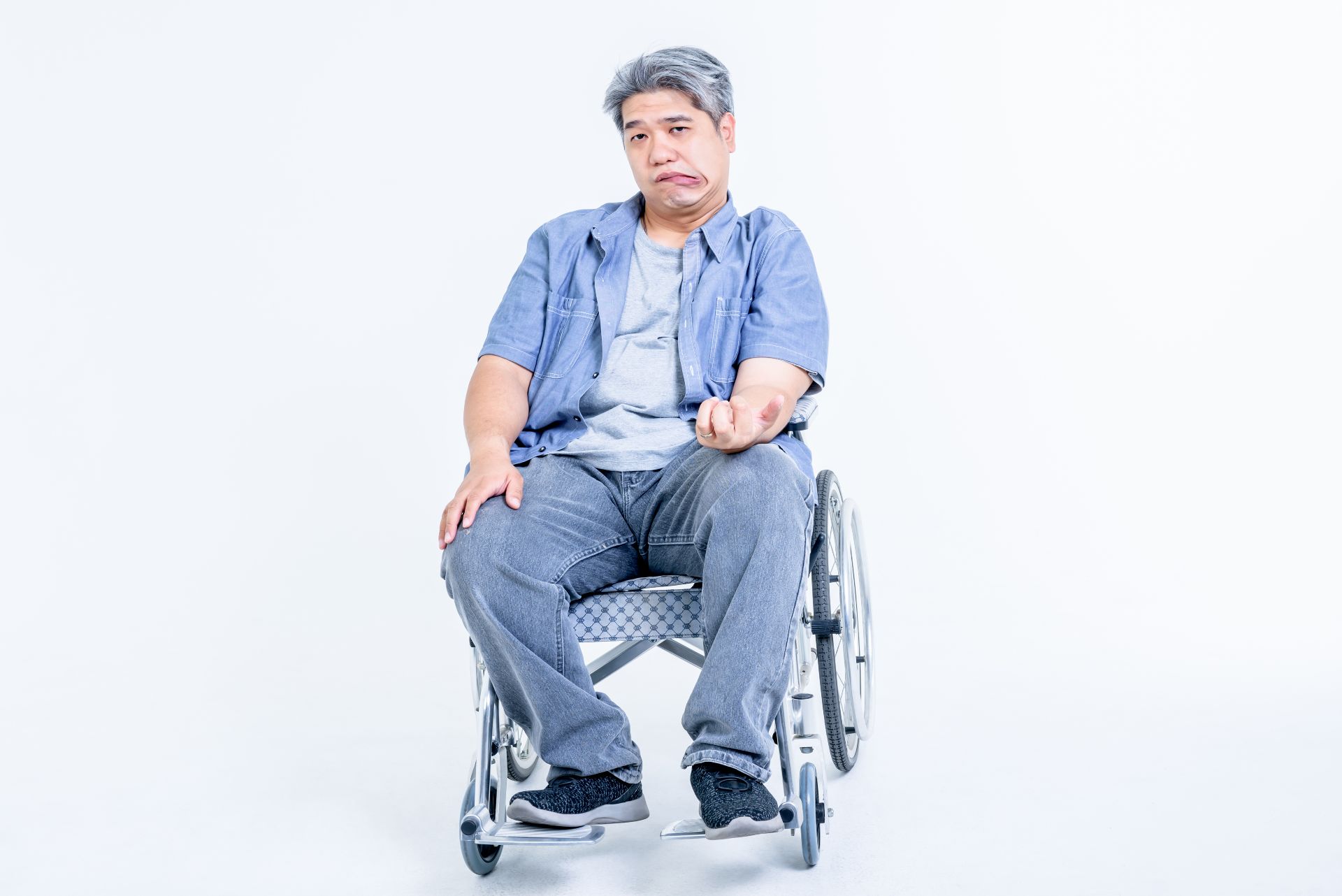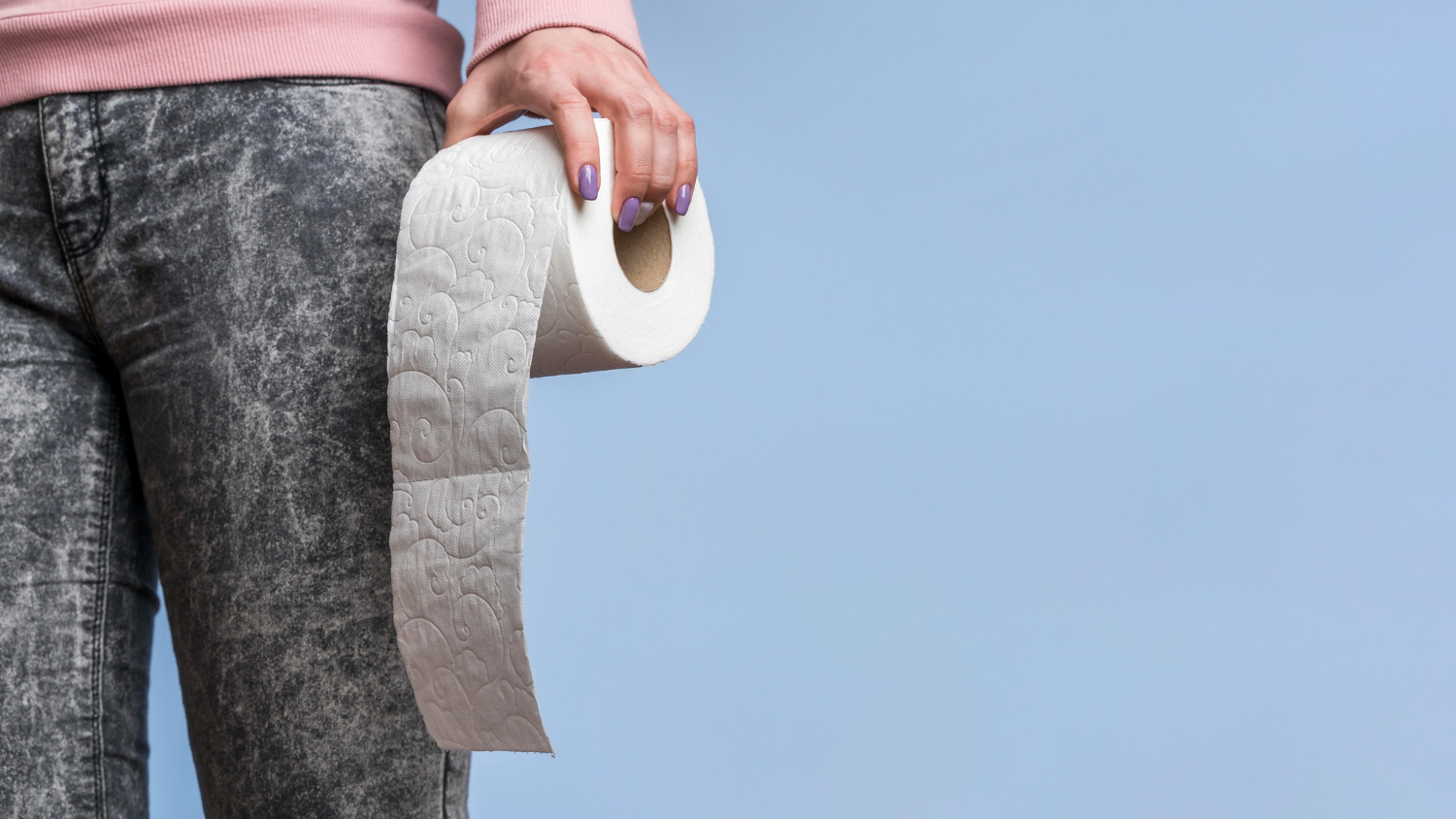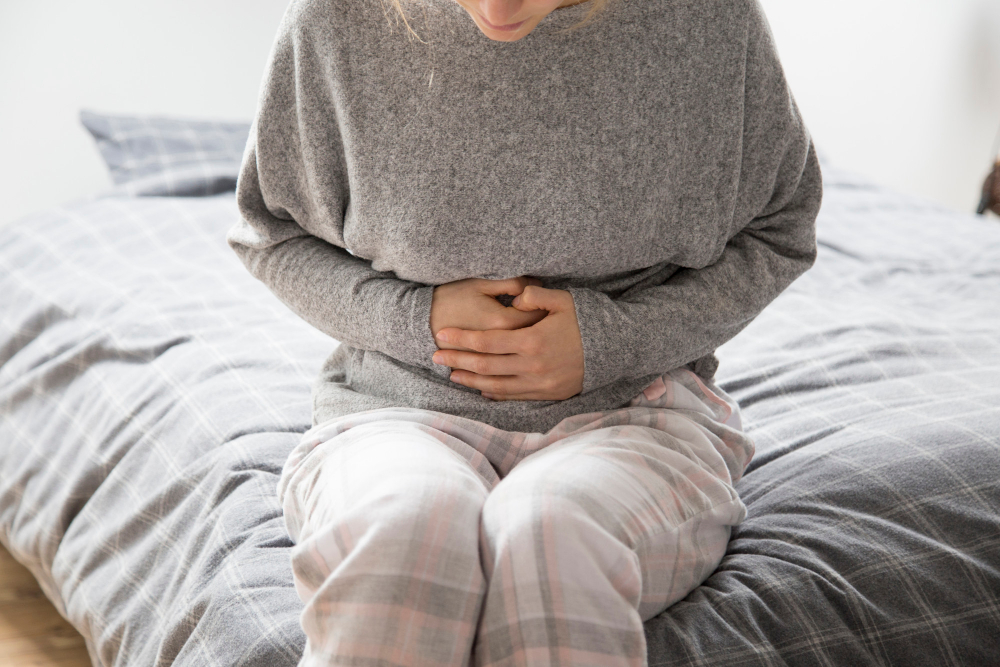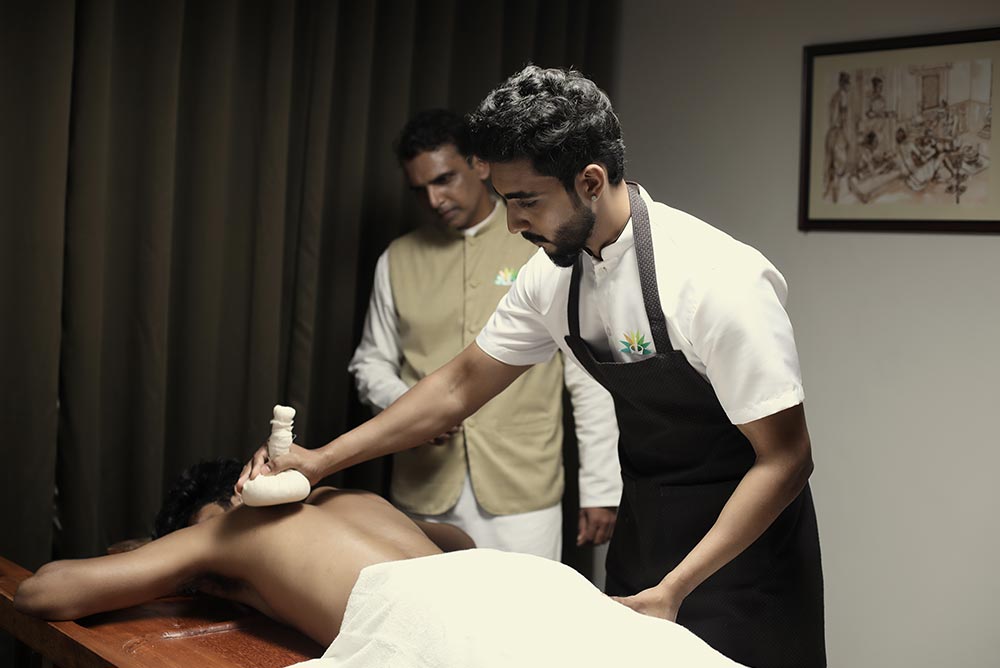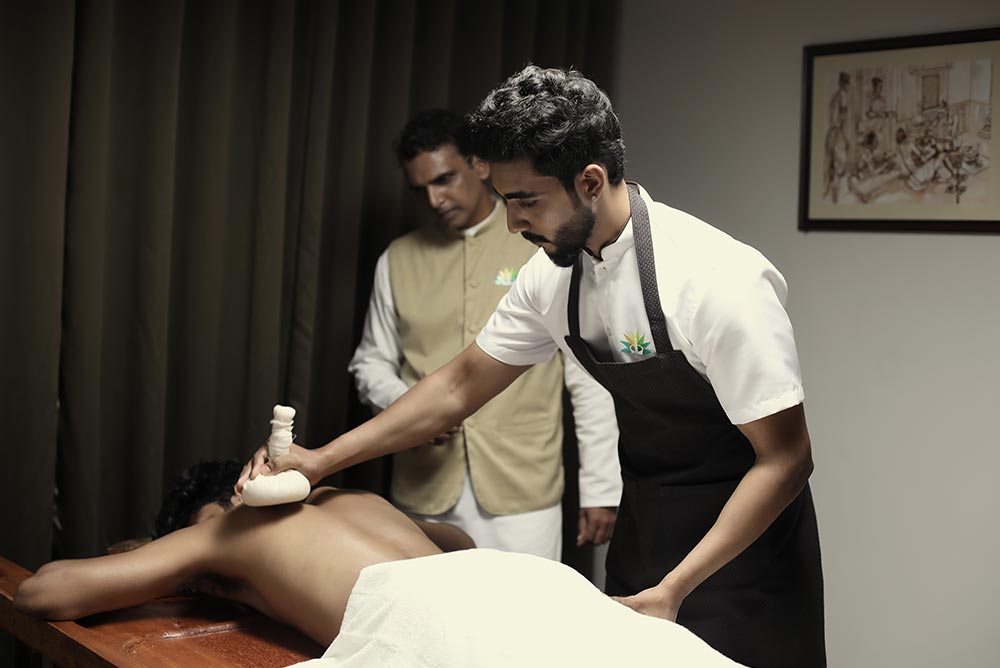
Infertility treatment in Ayurveda
Infertility is a relatively common condition where couples are not able to have a baby. Even after a year of trying, if the woman is unable to become pregnant, it is referred to as infertility. The same can also be said if the pregnancy is followed by miscarriages or stillbirths. While generally the cause of infertility can be traced to women, it is also quite frequently associated with men or even with both partners.
The most obvious and disconcerting symptom of infertility is not getting pregnant. Other visible symptoms may include irregular or absent menstrual periods in women and hormonal problems in men, like changes in hair growth or sexual function. If the couple has been trying for at least a year without success, then consulting a doctor would be a good idea. However, it would be wise to see a doctor earlier if the woman is over 40 years of age or even 35 and has been trying to conceive for six months or longer. Other symptoms or conditions that warrant an early visit to the doctor include irregular, painful or absent periods, known fertility problems, multiple miscarriages, cancer treatment, and diagnosis with pelvic inflammatory disease among others.
Infertility in women can be due to a variety of reasons including ovulation disorders like polycystic ovary syndrome. Too much or too little of the thyroid hormone - hyperthyroidism or hypothyroidism - can also affect the menstrual cycle or cause infertility. Other causes can include uterine or cervical abnormalities - benign tumors in the uterine wall, called uterine fibroids, may cause infertility by blocking the fallopian tubes or stopping a fertilized egg from implanting in the uterus. Fallopian tube damage or blockage, endometriosis (which occurs when endometrial tissue grows outside of the uterus), primary ovarian insufficiency (early menopause), and pelvic adhesions are also a few of the reasons contributing to female infertility.
Men should also consult a doctor if they have a low sperm count, a history of testicular, prostate or sexual problems, or swelling in the scrotum. Causes of male infertility could also be attributed to a number of reasons like genetic defects, poor sperm production or quality, health problems like diabetes, infections like chlamydia, gonorrhea or HIV, as well as injury to the reproductive organs.
Of course, there are numerous risk factors that are common to both men and women, the most important one being age. Female fertility drops after hitting the mid-thirties and drops rapidly as they approach 40. Similarly, men past 40 are also likely to be less fertile than younger counterparts. The disadvantages of alcohol and tobacco use are also well documented. Smoking increases the chance of miscarriages in women and is responsible for low sperm count in men. It even reduces the possible effectiveness of fertility treatments. In the same vein, drinking alcohol may cause infertility, with excessive consumption decreasing sperm count and motility in men.
People who are overweight or underweight (including those who follow a very low-calorie or restrictive diet) are also at risk of infertility, while a general lack of exercise contributes to obesity, which increases the risk of infertility. High blood pressure and depression can also affect fertility as does frequent exposure to heat, such as in saunas or hot tubs, that can raise body temperature and may affect sperm production.
While some types of infertility cannot be prevented, taking certain precautions may help, like abstaining from tobacco and alcohol consumption, avoiding high temperatures and exposure to industrial or environmental toxins, and limiting medications that may impact fertility. Of course, regular exercise is a must, but take care not to overdo it, especially in the case of women. Avoiding weight extremes is also a step in the right direction.
During diagnosis of infertility, the doctor will try to find out if the woman has had any prior pregnancies or miscarriages, regularity of her menstrual period, presence of pelvic pain, abnormal vaginal bleeding or discharge and so on. In the case of a man, the doctor may evaluate his fertility by looking for signs of hormone deficiency, such as increased body fat and decreased muscle mass, as well as decreased facial and body hair. Past injuries to the testicles or penis, childhood diseases like mumps, low sexual desire, hernia, and related conditions will also be ascertained by the doctor.
Many couples today prefer opting for an IVF treatment. But, even here, there are thousands of cases where IVF also fails due to many reasons like an unhealthy embryo, implantation failure due to unfavourable endometrial thickness, poor ovum or sperm pick-up, and pre-treatment stress. This is where the wisdom of traditional Ayurveda comes in, where we believe conception takes place from a healthy sperm and healthy ovum. Unlike other treatment procedures that jump straight to symptom management, Ayurveda strives to address the root cause of the problem, which begins by detoxifying the body so that medicines have a much more positive impact.
At Jeevess, our vastly experienced Ayurveda masters begin the procedure by strengthening the body's self-healing and balancing mechanisms, but not through any outside or foreign substance to replace or correct bodily hormones. The aim here is to treat infertility in a holistic manner that also greatly improves overall health and the quality of life. Starting with in-depth counselling and guidance, the patient is taken through a highly beneficial Panchakarma detoxification procedure that cleanses and rejuvenates the reproductive channels in addition to boosting the function of reproductive organs, as well as specially created natural medications and remedies that promote fertilisation. Even the completely natural and wholesome diet, which strictly adheres to Ayurvedic guidelines, is personally tailored to an individual's condition in such a manner as to positively impact hormonal levels. Similarly customised are our unique therapies and lifestyle plans that aim to eliminate the root cause as effectively as possible, and help in maintaining the benefit of the treatment after the medicines have ended.








